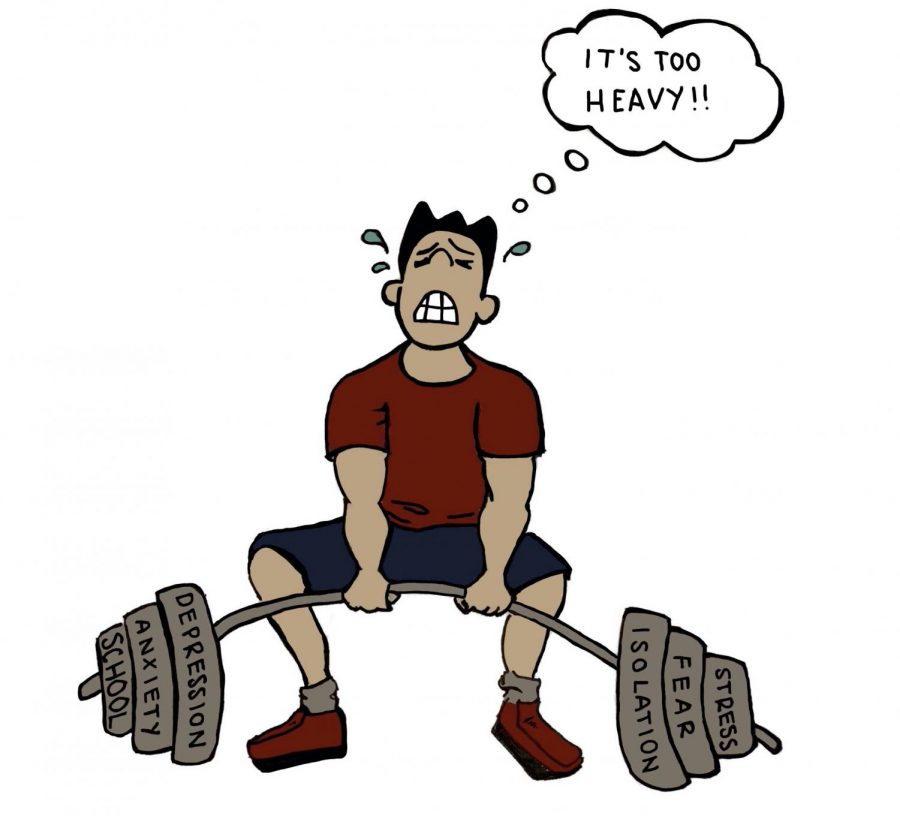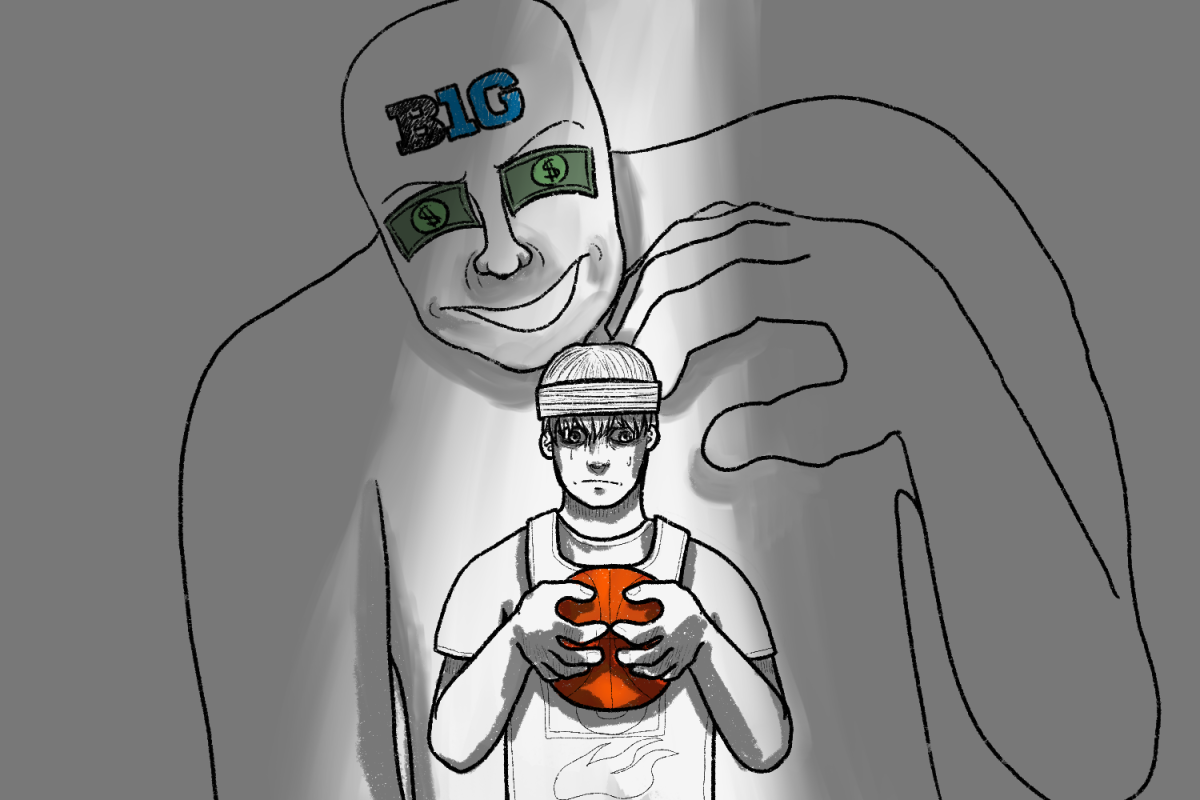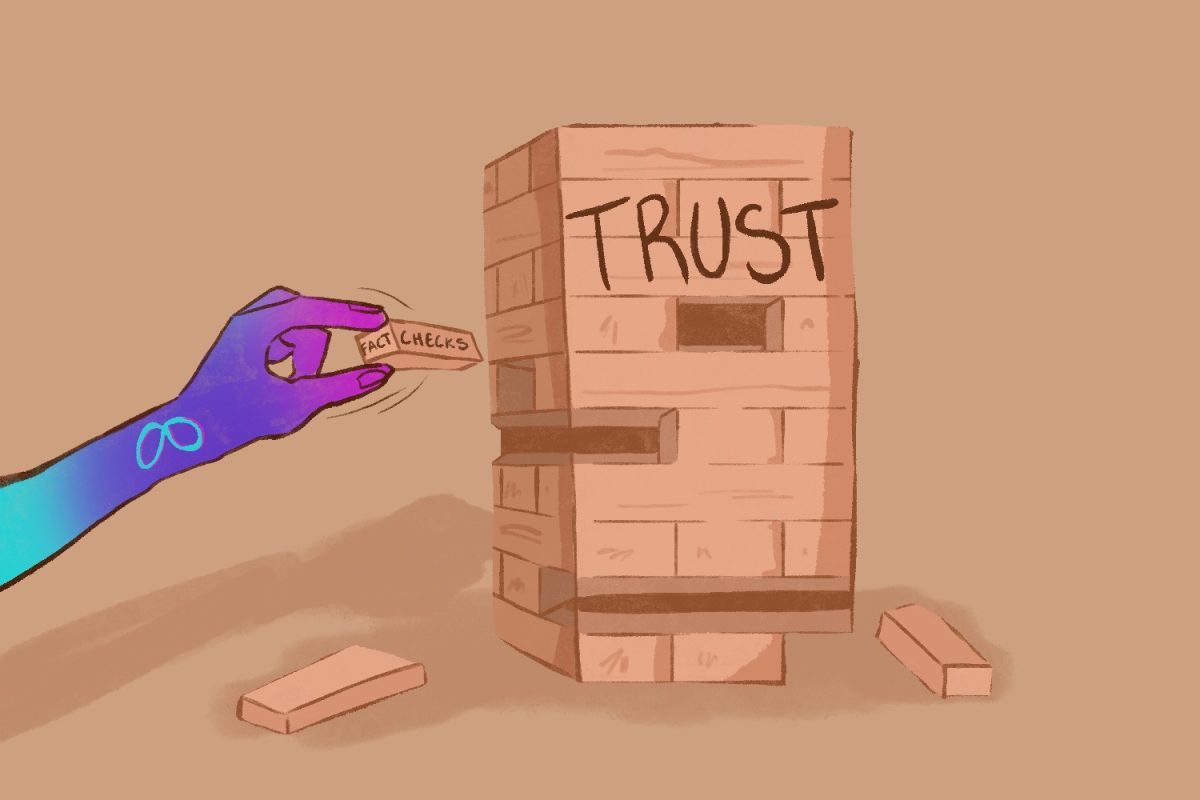COVID-19 has changed the lives of many. It’s devastated the economy, cost thousands of lives and led to an overall sense of unrest in the world.
Perhaps one of the most drastic changes caused by the pandemic is distance learning. Previously spending their school days on campus surrounded by friends and teachers, students now spend their class time staring at a screen, feeling distant from their peers.
Despite these changes, many still expect students to perform at the same academic standards they had before the pandemic. There is little appreciation and understanding regarding the different factors students now deal with, which make life extremely difficult for some students.
On the most basic level, the online format of school can cause many technological problems for students. For instance, WiFi-problems are common occurrences, and academic workloads are harder to balance and organize without in-person reminders. Further, teacher support is less flexible, as communication can only occur through email or a set time during office hours. And these are just some differing circumstances of online learning.
Many students also have to deal with distractions in their homes. Numerous students have siblings, and family members working from home and are not always in situations where they can separate from each other and work without noise or distractions. This doesn’t even take into consideration the more severe struggles many are experiencing during this time.
Throughout the pandemic, mental health has plummeted. The social distancing measures implemented have caused many to feel alone and isolated, increasing preexisting anxiety and depression. Moreover, some families have to deal with severe economic stress resulting from lost jobs due to downsizing and shutdowns, paying bills, and food insecurity.
Further physical and emotional distress is caused to those who have had loved ones or have themselves been infected by the disease. At the most extreme level, some students have unsafe or unstable home situations, which can harmfully impair their learning.
Yet, there hasn’t been a lot of flexibility with academics. Most teachers are still grading at the same levels they previously were and can be inflexible with deadlines. Some lock assignments, so it is impossible to turn in homework after the due date, or others inflict severe late penalties on work, destroying grades.
This rigid response during distance learning needs to stop. We all need to realize that many students are under immense amounts of stress, which have been heightened by these unprecedented circumstances. Additionally, students have to deal with other stressors unrelated to school.
Thus, deadlines should be more relaxed, and standards should be lowered, as students’ mental health and well-being should be prioritized above academic achievement. Otherwise, students will continue to deteriorate and fail to hold up to the intense expectations forced upon them presently.
*This editorial reflects the views of the Scot Scoop editorial board and was written by Elle Horst.













